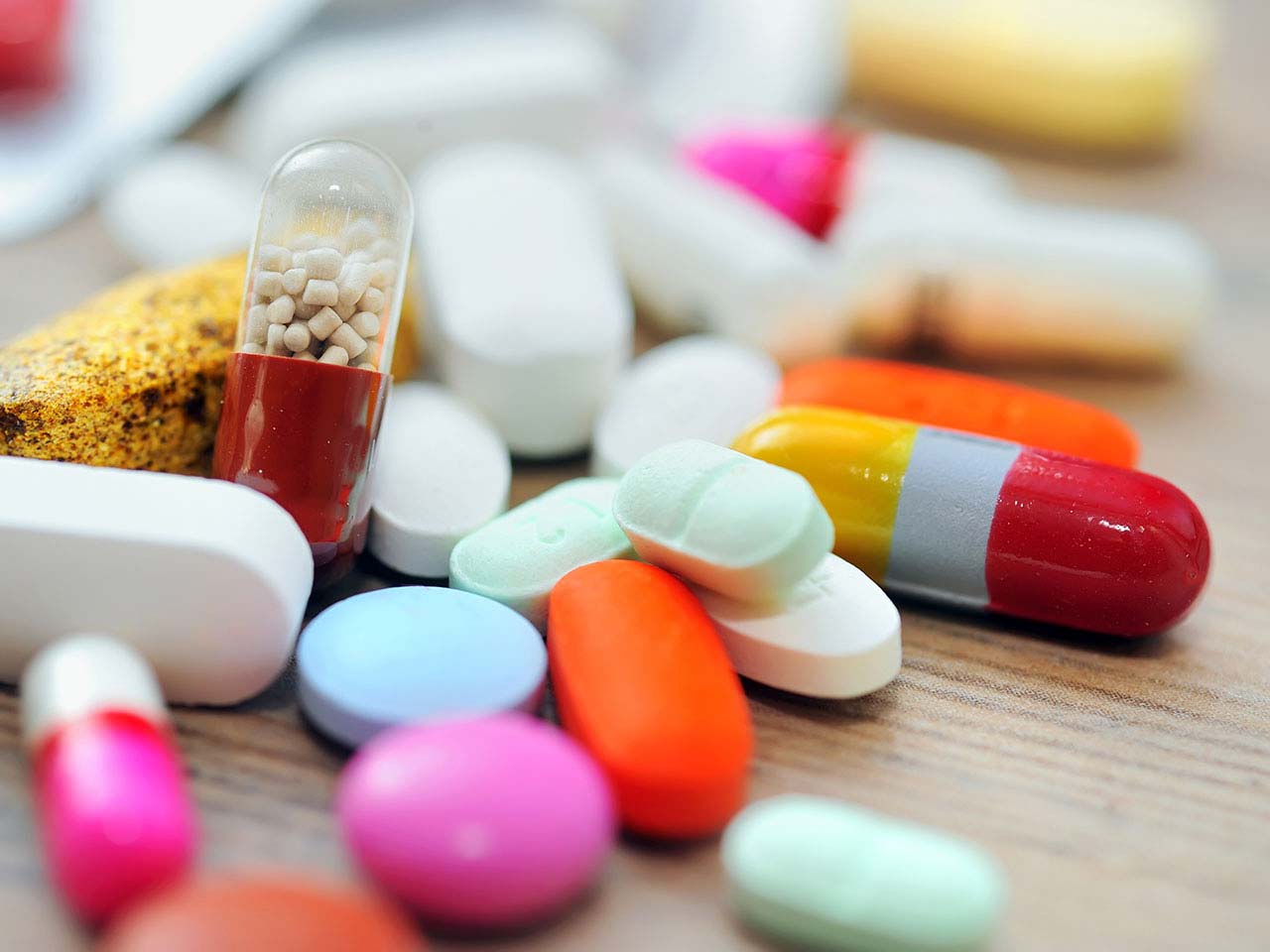
At the same time as males proceed to be extra vulnerable to drug abuse than ladies, its results usually show to be extra detrimental for the latter. Since ladies’s organic and emotional make-up is completely different, they’re at a better threat of being bothered with issues that may influence their childbearing and child-rearing stage. Evidently that their psychological well being takes a toll. A brand new analysis carried out by the North Carolina State College (NCSU) and the College of British Columbia (UBC) has predicted girl’s “lifetime history of drug abuse” can assist foretell whether or not she may have some postpartum issues. For most ladies, feeling unhappy and low submit supply is widespread. The supply of a kid is usually a nerve-racking expertise, which might drain the mom emotionally in addition to bodily. She not solely has to stay content material with burgeoning physique weight, fatigue and morning illness but additionally has to take care of points comparable to caring for the new child at odd hours and taking care of the household’s tasks.
First-time moms could possibly be coping with a way of inadequacy as nicely. All these are generally noticeable in most ladies inside the first few weeks after childbirth. Nevertheless, if it continues for lengthy, it’s a signal of hassle. Postpartum despair and anxiousness are the 2 commonest circumstances after supply, current not solely in mom of the new child however in father as nicely. Screening for psychological well being problems throughout prenatal care Postpartum despair (PPD) or child blues and anxiousness can have an antagonistic influence on the well being of the mom and the kid. Firstly, a mom who’s depressed would discover it more durable to care for the infant. The newborn would intuitively reply to the mom’s despair and have extra episodes of crying and discomfort. In the long term, infants fed by moms with postpartum despair usually tend to have behavioral issues at dwelling and in class. They’re at an elevated threat of decrease IQ and elevated cognitive decline. Postpartum psychological well being issues will be successfully handled and subsequently the stress of the examine is on figuring out high-risk classes for PPD and assist clinicians introduce intervention plans in prenatal care. The examine titled “Lifetime substance use as a predictor of postpartum mental health” was revealed within the journal Archives of Girls’s Psychological Well being in February 2017. The researchers collated knowledge from 100 ladies of a better socioeconomic background who had given delivery three months earlier and who didn’t represent high-risk class for postpartum psychological well being drawback. They have been then questioned about their drug use and alcohol ingesting patterns. They have been reluctant to confess their substance abuse drawback throughout being pregnant as they have been afraid of dropping custody of their baby and being stigmatized for looking for assist. It prevented would-be moms to brazenly speak concerning the points and heal themselves. Explaining the outcomes of the examine, Sarah Desmarais, an affiliate professor of psychology at NCSU and a co-author of the analysis, stated, “The best predictor of postpartum mental health problems is still whether a woman has a history of mental health problems, but when you include a history of drug use, the likelihood increases significantly.” Incorporating questions on earlier drug or alcohol use can act as an efficient resolution towards postpartum psychological well being considerations. Coping with twin prognosis Girls want lots of care and a spotlight throughout and submit being pregnant – some of the anxious intervals of their life. Husbands and households have to be cognizant of the truth that fixed stress inflicting behavioral adjustments will be the symptom of a bigger drawback that must be handled. Their help can assist moms lead a wholesome life, results of that are inevitably seen on the infant. Girls ought to themselves endure psychological well being screening earlier than planning a baby and avoid medicine and alcohol.

 Outpatient Drug Rehab: A Solution for Drug Addiction
Outpatient Drug Rehab: A Solution for Drug Addiction 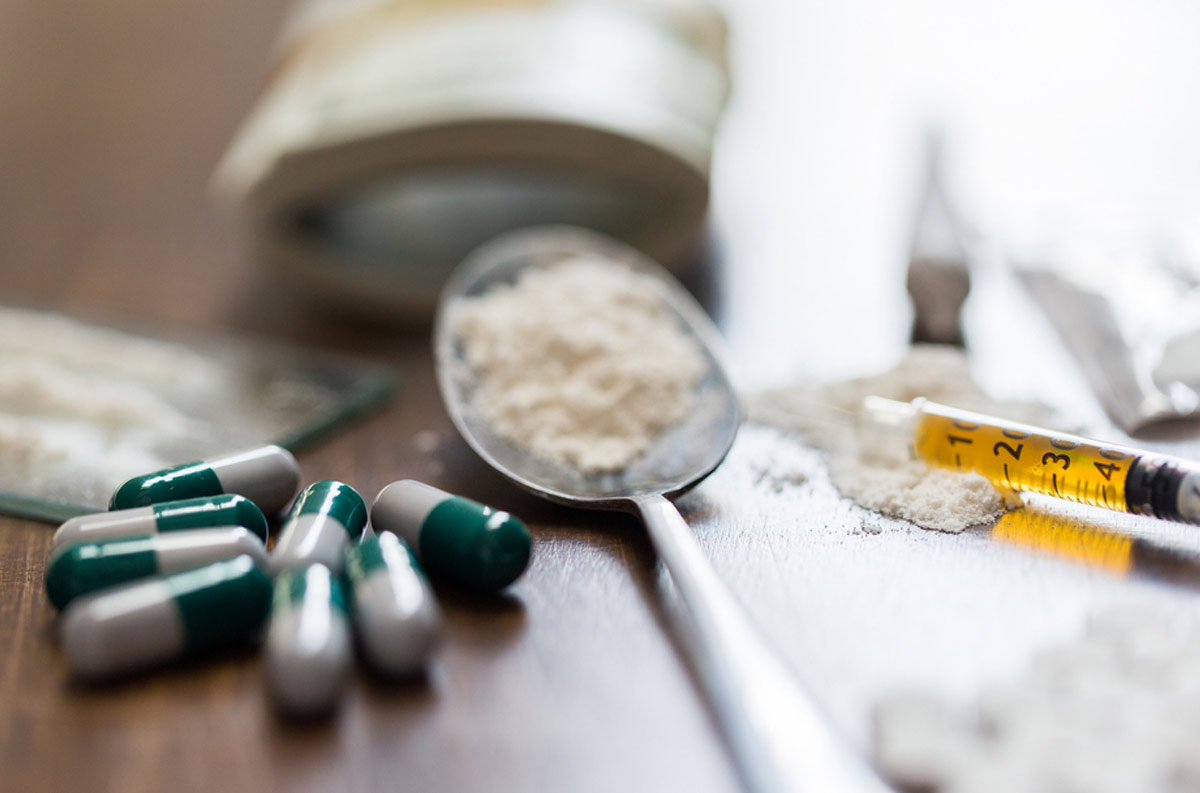 Most Addictive Prescription Medicine Obtainable in The Market
Most Addictive Prescription Medicine Obtainable in The Market 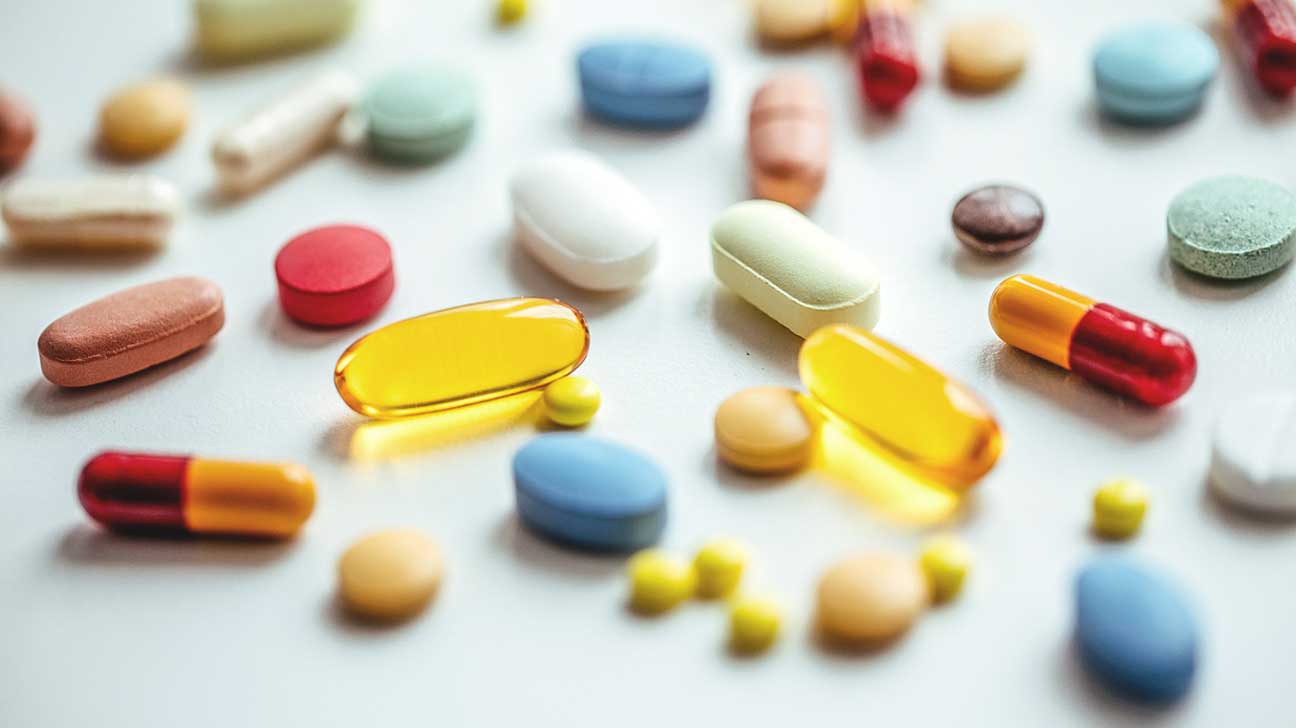 Deadly Overdoses And Music Trade – Well-known Artistes Who Gave in to Medicine
Deadly Overdoses And Music Trade – Well-known Artistes Who Gave in to Medicine 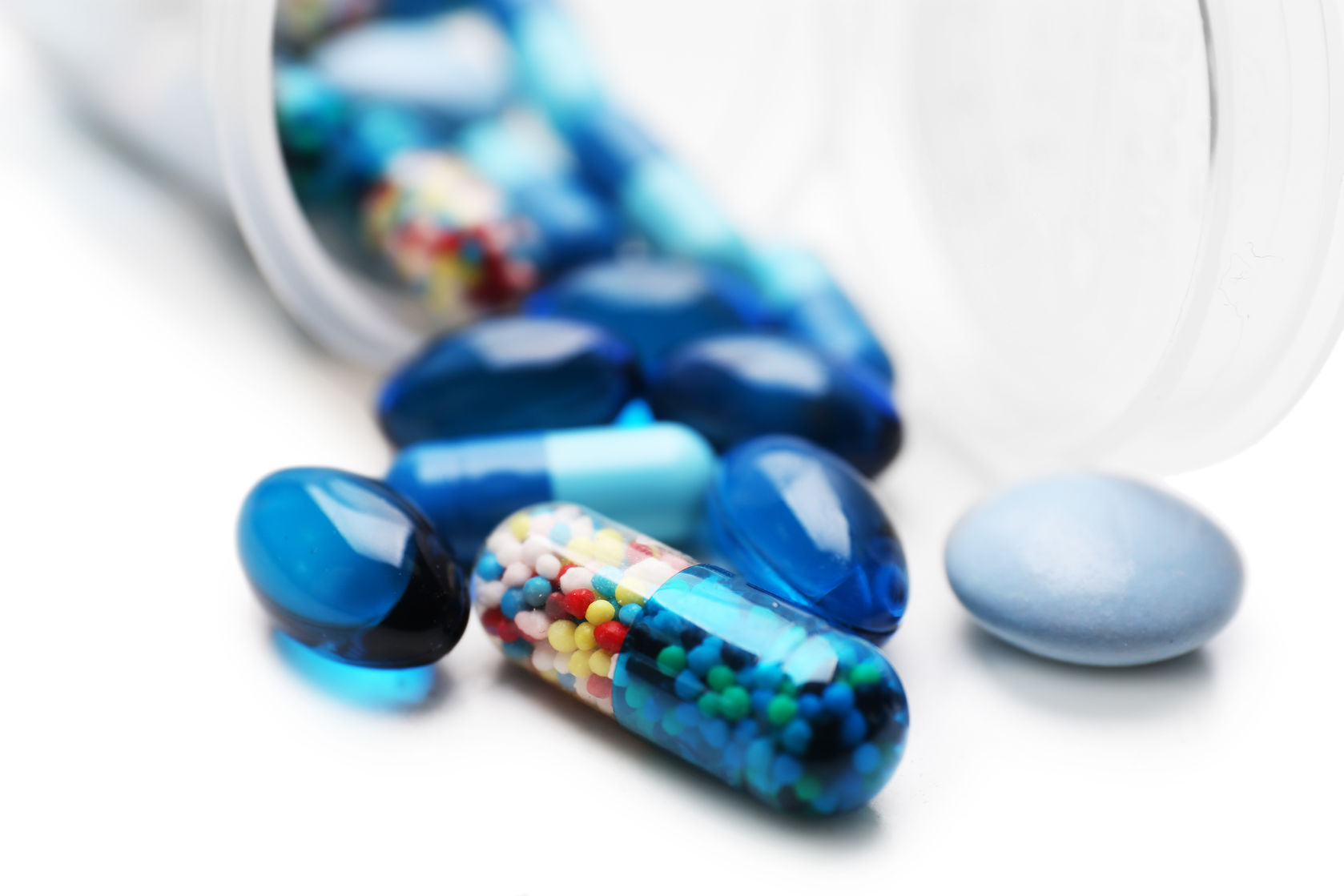 Risks of Utilizing Crack Cocaine by Bipolar Sufferers
Risks of Utilizing Crack Cocaine by Bipolar Sufferers 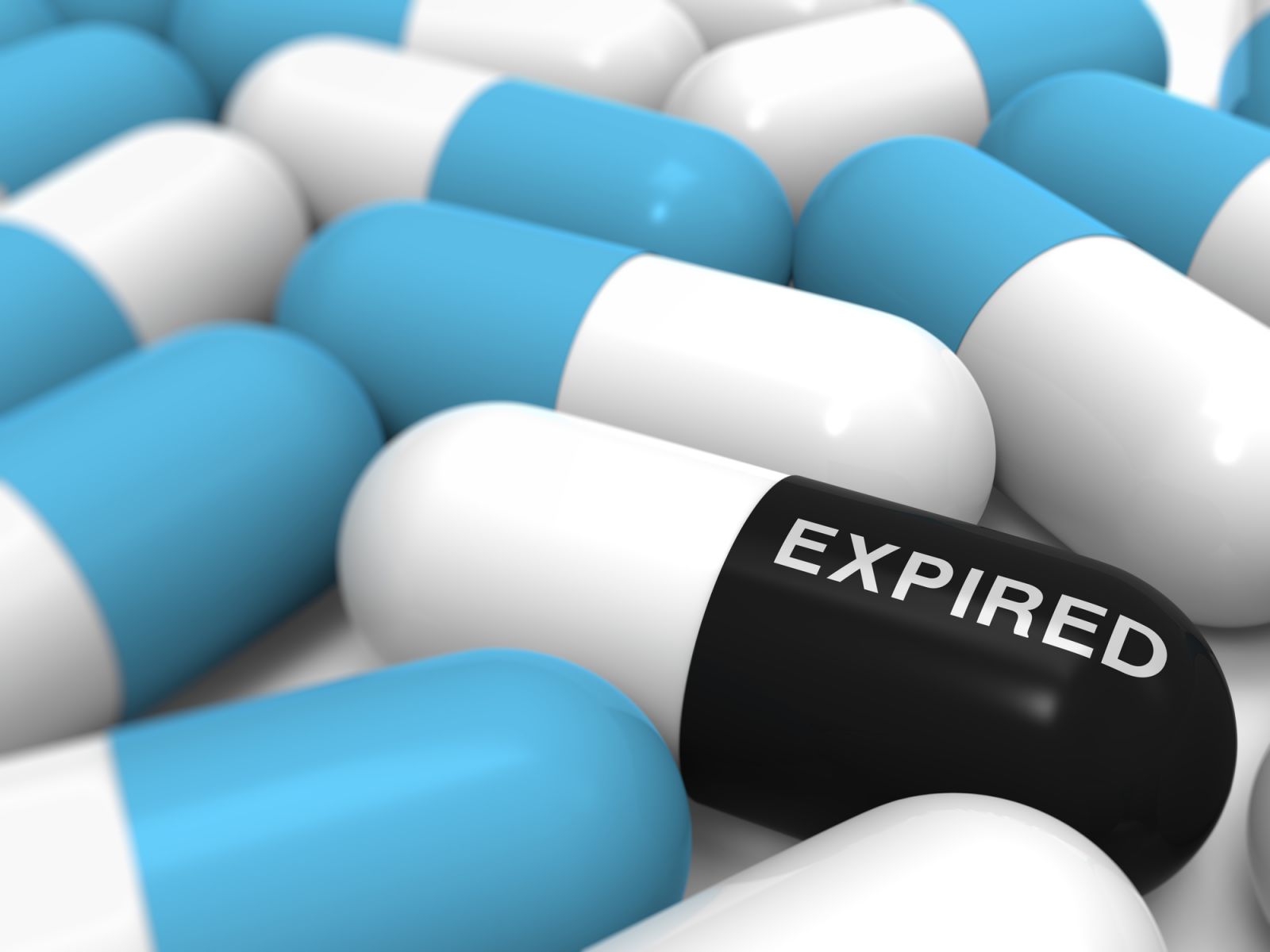 Lengthy-term Use of Opioids Related With Severe Well being Dangers – Finds Research
Lengthy-term Use of Opioids Related With Severe Well being Dangers – Finds Research 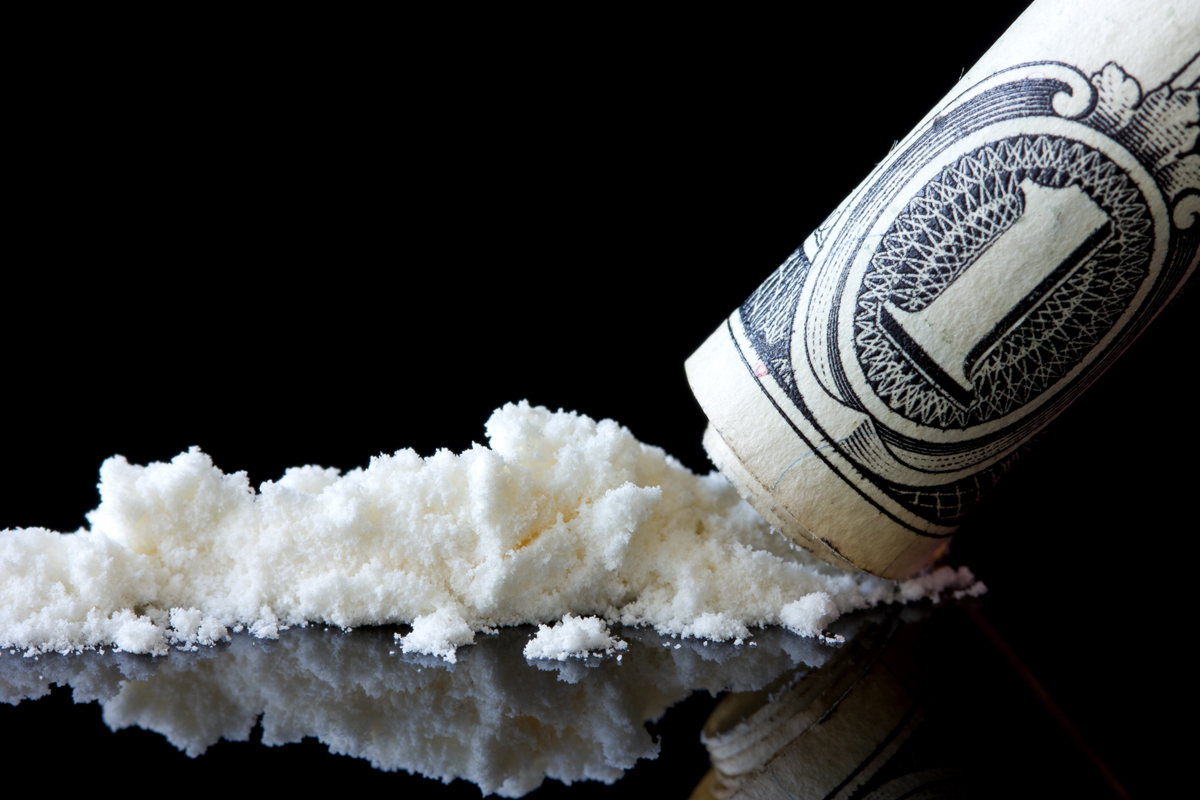 Melancholy – A Excessive Threat Issue For Opioid Abuse
Melancholy – A Excessive Threat Issue For Opioid Abuse 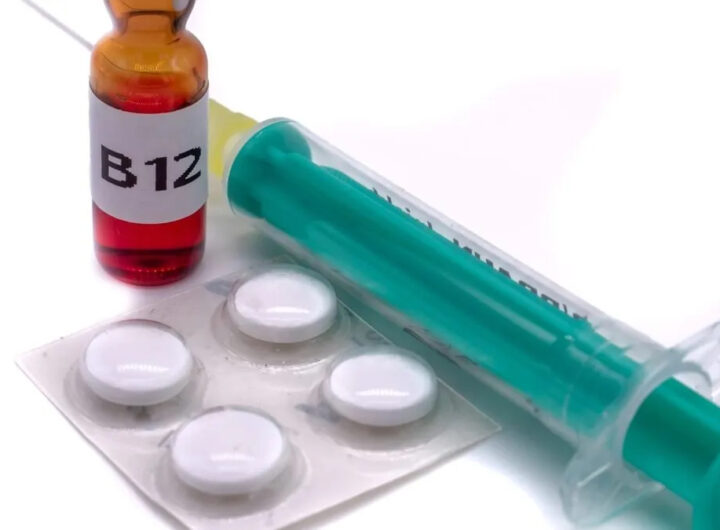 Vitamin B12 Delivered: Exploring Trusted Online Sources in the UK
Vitamin B12 Delivered: Exploring Trusted Online Sources in the UK 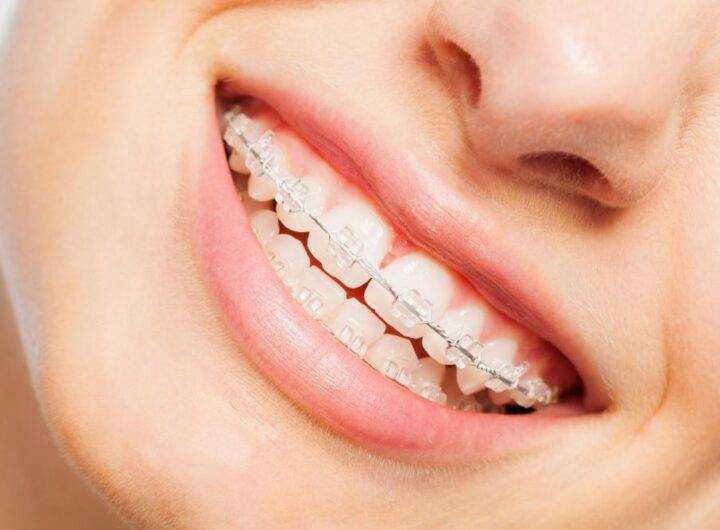 Los Angeles Hospice Care Caring for Your Loved Ones
Los Angeles Hospice Care Caring for Your Loved Ones  Compassionate Hospice Care in Los Angeles Your Supportive Partner
Compassionate Hospice Care in Los Angeles Your Supportive Partner  The use of automated external defibrillators in the workplace
The use of automated external defibrillators in the workplace